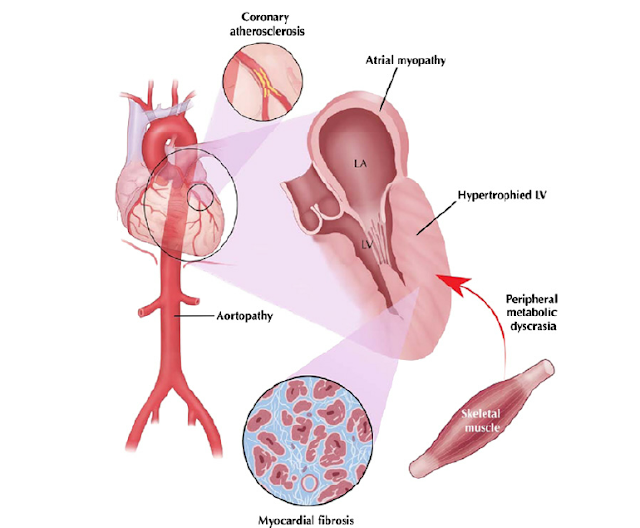Antioxidant-Rich Foods for Cardiovascular health

Antioxidants are compounds that help protect the body's cells from damage caused by free radicals, which are unstable molecules produced during normal metabolism and in response to environmental factors. Free radical damage is associated with various chronic diseases, including cardiovascular diseases. Consuming antioxidant-rich foods can contribute to cardiovascular health by reducing oxidative stress and inflammation. Here are some antioxidant-rich foods that may benefit cardiovascular health: v Berries: Blueberries, strawberries, raspberries, and blackberries are rich in antioxidants such as anthocyanins and flavonoids. These compounds have been linked to improved blood vessel function and reduced blood pressure. v Dark Chocolate: Dark chocolate contains flavonoids, which may have a positive impact on heart health. Choose chocolate with at least 70% cocoa content to maximize antioxidant benefits. v Nuts: Almonds, walnuts, and hazelnuts are good sources of vitamin...

.png)
